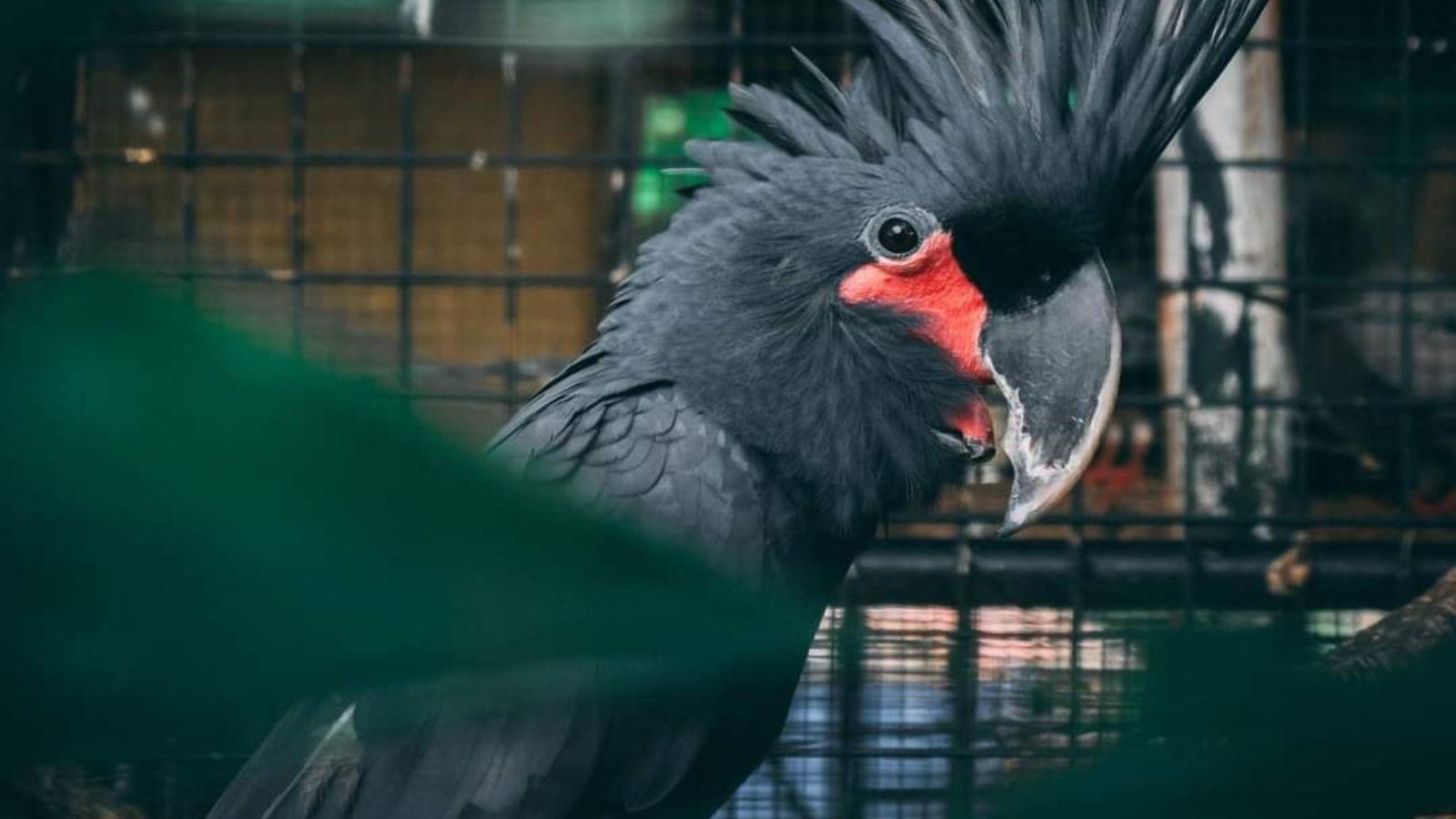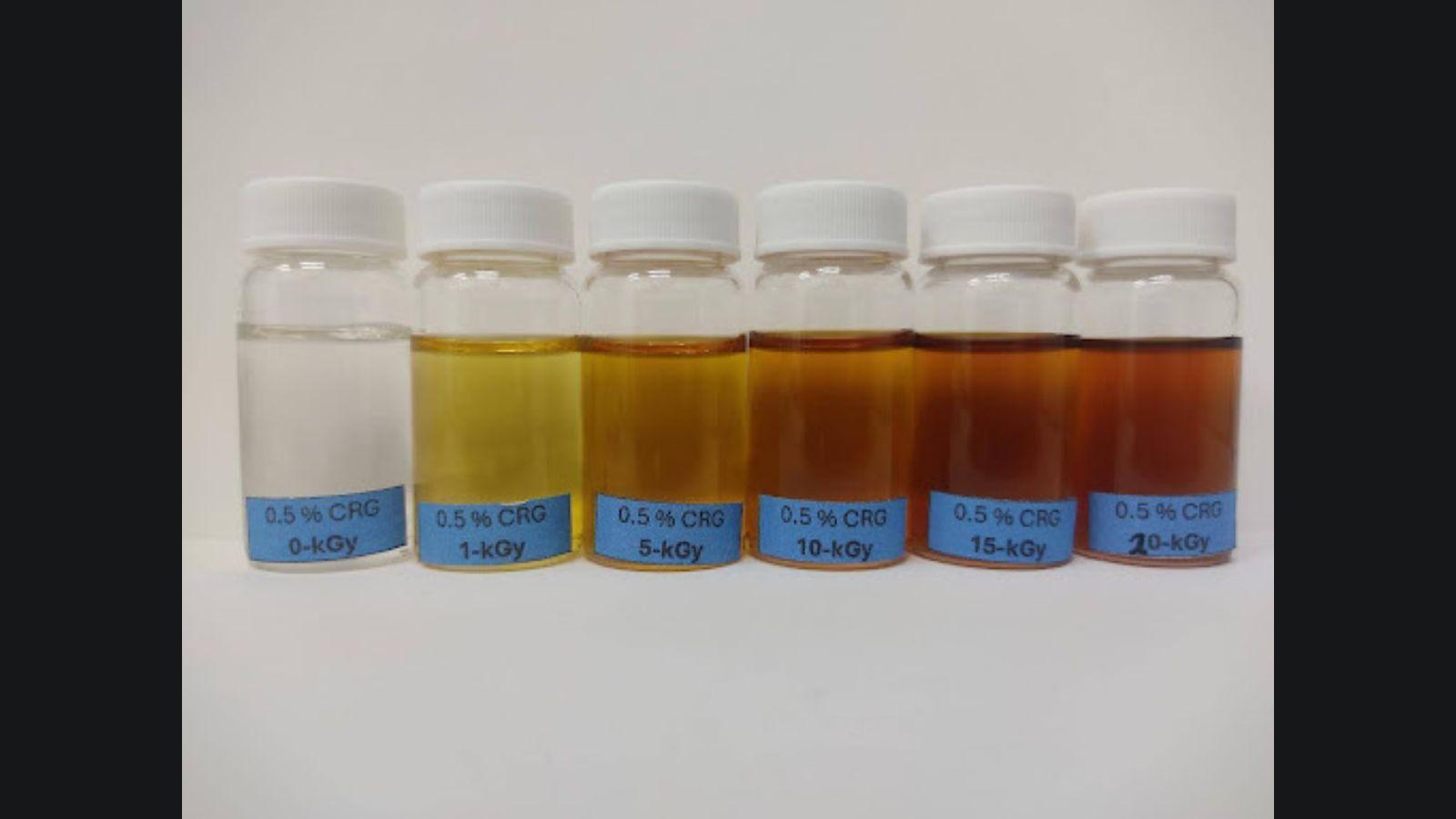ICYMI: Science and technology updates from March 3 to 9, 2019.
Pinay physicist wins international award
Filipina quantum physicist Dr. Jacqui Romero will be one of 15 recipients of this year’s L’Oréal-UNESCO International Rising Talent grant (€15,000, or approximately Php 881,000). The Brisbane-based scientist will be awarded the grant on March 14, at the UNESCO headquarters in Paris. Read the full story.
DOST: More ‘Balik Scientists’ than anticipated
Department of Science and Technology (DOST) Secretary Fortunato dela Peña revealed that as of February 2019, a total of 14 Pinoy scientists have returned to the country via the Balik Scientist initiative. The scientists hail from various fields: health, agriculture, aquatic and marine, and energy and emerging technologies. Should this trend continue, the total number of Balik Scientists by year’s end may surpass the 2019 target by up to 33% percent. Read the full story.
SpaceX Dragon capsule successfully splashes down
The National Aeronautics and Space Administration (NASA) reported the successful splashdown of the SpaceX Dragon capsule after its inaugural flight. The capsule spent over 6 days in space. It was part of a demonstration mission that gauged its capacity to carry astronauts to the International Space Station (ISS). Read the full story.
Chemical home pollutants affect male fertility in both humans and dogs
According to researchers from the University of Nottingham, environmental contaminants in the home and in the diet negatively affect male fertility — both in humans and their pet dogs. By conducting a series of identical experiments using sperm samples from both men and dogs, the scientists found that the chemicals, when present “at concentrations relevant to environmental exposure,” exhibit these detrimental effects. Read the full story.
New pill may block many flu strains
Though seasonal flu vaccines aren’t always effective, a newly developed pill appears to be enough to take down a wide range of influenza strains. The researchers reported their findings after a series of experiments on mice revealed that the drug, when taken orally, protected the mice from getting sick due to exposure to these strains. Read the full story.
Possible “third patient” cured of HIV
Hot on the heels of the second reported patient to have undergone a long-term HIV remission, a possible third case was announced at the Conference on Retroviruses and Opportunistic Infections in Seattle. Based on the gut and lymph node biopsies of the subject (known as the “Düsseldorf patient”), no infectious HIV virus was found, even after the patient had stopped taking antiviral drugs three months earlier. Read the full story.
The dingo may be its own species, not a dog
Twenty researchers from Australian universities cast doubt on the age-old belief that dingos are just wild dogs. New findings revealed that the dingo’s characteristics are different from those of your average pupper — which means that indeed, the dingo may be a different species of its own. Read the full story.







